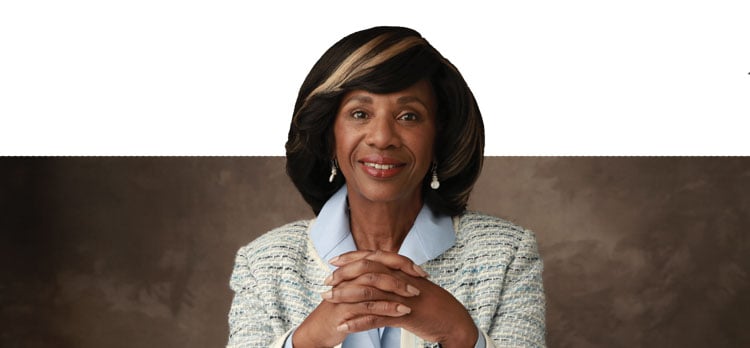ABA House of Delegates rejects changes to bar passage standard for law schools

Shutterstock
The ABA House of Delegates voted 334-88 against a proposal to tighten a bar passage rate standard for accredited law schools at the ABA Midyear Meeting in Las Vegas.
Language in Resolution 105 called for at least 75 percent of a law school’s graduates to pass a bar exam within two years of graduation. Under ABA rules, the House can send a potential revision—in this case for Standard 316—back to the council of the Section of Legal Education and Admissions to the Bar twice for review with or without recommendations, but the council has the final decision on matters related to law school accreditation.
As was the case in 2017, when the House of Delegates first rejected the proposal, criticism centered on what the change would mean for diversity in the profession. Two years ago, some groups called for disparate impact studies before going forward with any changes. The council responded in November 2018 with a memo addressing diversity concerns about the proposed revision, including a voluntary survey with responses from 92 law schools.
Paulette Brown, who focused much of her term as ABA president in 2015-16 on promoting diversity and inclusion in the legal profession, spoke against the resolution.

Photo of Former ABA President Paulette Brown by Marc Hauser.
“I have listened very carefully to many of the arguments that have been advanced by the council, and to be direct and frank, they just don’t hold water,” said Brown, a senior partner at Locke Lord and the firm’s chief diversity and inclusion officer. “The council has the right to ignore what we say. That does not absolve us of the responsibility to give them a very clear and strong message that we will not stand by while they decimate the diversity in the legal profession.”
Robert Grey Jr., ABA president in 2004-05, also spoke against the resolution.
“They have not delivered facts that are compelling for us to change our vote from the first time to the second time,” said Grey, a retired senior counsel with Hunton Andrews Kurth.
Daniel Thies, a new member of the council, spoke in favor of the resolution. He told the assembly there was no reason why the proposed revision would have a disproportionate impact on people of color. According to him, out of the 15 law schools that would have a problem meeting the two-year 75 percent requirement based on 2015 data, only two are historically black colleges and universities. There are six law schools associated with HBCUs, according to the resolution’s report.
“So those schools would only have to make small changes to their programs or admissions policies in order to comply. Like all regulated entities, the regulated will respond,” said Thies, an attorney with Webber & Thies in Urbana, Illinois. “I want to stress that even for those who might have problems, they don’t have their accreditation pulled tomorrow. Give and take, back and forth, and they get two years to come back into compliance.”
No accredited law school has ever been out of compliance with the current version of Standard 316, and there are various ways to meet its current requirements. One is for at least 75 percent of graduates from the five most recent calendar years to have passed a bar exam, or for the school to have a 75 percent pass rate for at least three of those five years.
A school can also be in compliance if just 70 percent of its graduates pass the bar at a rate within 15 percentage points of the average first-time bar pass rate for ABA-approved law school graduates in the same jurisdiction for three of the five most recently completed calendar years.
After the resolution was voted down, Barry Currier, the ABA’s managing director of accreditation and legal education, released a statement.
“Because this is the House’s second rejection of this proposal, the council’s options are to abandon the effort to revise the standard; propose a different revision; or reaffirm and implement the changes. The timetable for the council’s consideration of the matter has not been set,” Currier said. “The council understands this is a complex matter. Revisions to the existing standard on bar passage outcomes provide more straightforward and clear expectations for law schools and provide regulation and process that are more appropriate for today’s environment.
“Most students go to law school to become lawyers. Becoming a lawyer requires passing the bar exam. How well a school’s graduates perform on the bar exam is a very important accreditation tool to assess a law school’s program of legal education.”
Kyle McEntee, executive director of Law School Transparency, a group that focuses on law school reform, told the ABA Journal in an email that he was disappointed the resolution did not pass.
“Standard 316 is good policy. I hope and expect the Section of Legal Education to adopt the standard,” he wrote. “Then, finally, it can hold law schools accountable for failing to prepare its graduates for entry to the legal profession.”



